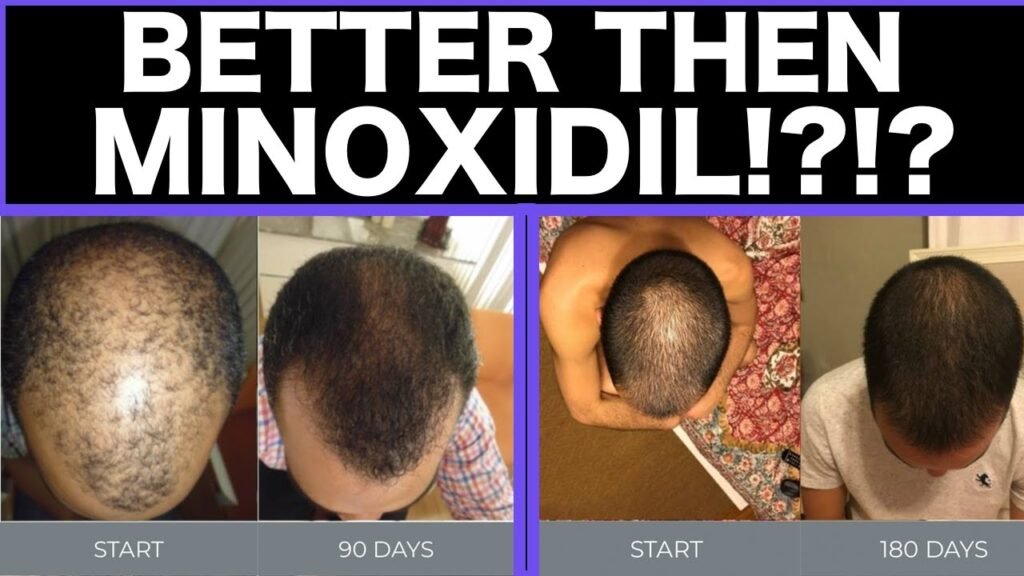Complete comparison of Minoxidil vs rosemary oil
When it comes to hair growth treatments, both Minoxidil and rosemary oil are popular options, each with its unique properties and benefits. Minoxidil, a well-known topical medication, is FDA-approved and primarily used to treat androgenetic alopecia. It works by stimulating hair follicles and increasing blood flow to the scalp, which can help in promoting hair regrowth. Rosemary oil, on the other hand, is a natural essential oil derived from the rosemary plant, traditionally used for its potential to improve scalp health and stimulate hair growth.
Effectiveness and Mechanism of Action
Minoxidils effectiveness lies in its ability to widen blood vessels and improve blood flow to hair follicles, prolonging the anagen phase of hair growth. Clinical studies have shown that Minoxidil can significantly increase hair density and thickness, making it a preferred choice for those with noticeable hair thinning. Rosemary oil, while not as extensively studied, has been shown in some research to have anti-inflammatory properties and the ability to improve circulation, potentially leading to healthier hair growth. Although more research is needed, rosemary oil is often favored by individuals seeking a natural alternative to chemical treatments.
Application and Side Effects
The application process for these treatments varies. Minoxidil is typically applied twice daily to the affected areas of the scalp and may cause side effects such as scalp irritation or unwanted facial hair growth. Users are advised to follow the instructions carefully to minimize potential side effects. Rosemary oil, being a natural product, is generally considered safe with fewer side effects, though it should be diluted with a carrier oil to prevent skin irritation. While rosemary oil may not have the same level of scientific backing as Minoxidil, it offers a gentler approach for those sensitive to chemical treatments.


